Will apologise if ’71 crimes are proven beyond doubt: Shafiqur
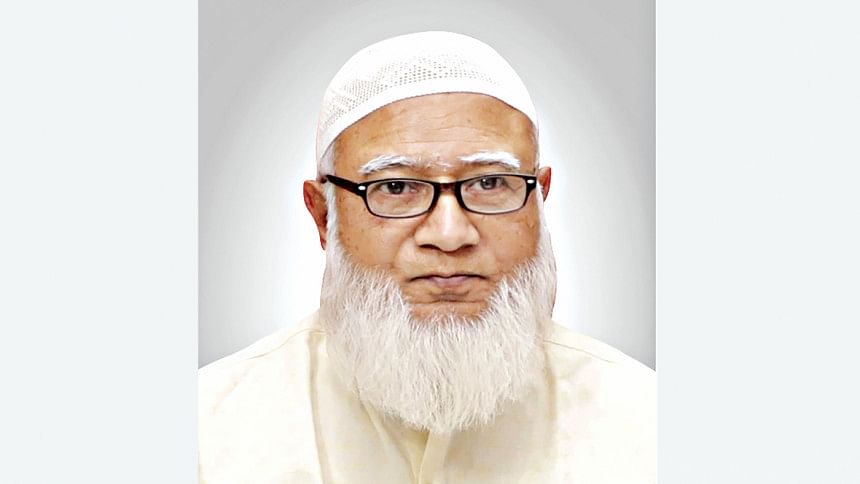
Jamaat-e-Islami will own up to crimes committed during the Liberation War if they are proven beyond doubt.
Acknowledging that his party had advocated a unified Pakistan, its ameer stressed that instances of individual criminal acts, however, did not imply organisational culpability for Jamaat-e-Islami, one of the oldest Islamist parties in Bangladesh.
During an exclusive interview on October 10, Jamaat chief Shafiqur Rahman told The Daily Star, "If any kind of errors or crimes from [1971] is proven beyond doubt, then I will personally beg for forgiveness from the nation with full responsibility. I have absolutely no reservations about it."
But, he cautioned, he would not accept trumped up charges. "It has to be clear what is the truth."
When pointed out that there were volumes of historical documents that strongly suggested culpability of Jamaat-e-Islami and its student wing Chhatra Sangha for having led the formation of militia outfits like Razakar, Al Badr and Al Shams, Shafiqur said there was a saying that history is for the victors. "History backs those who emerge victorious."
He said while his party had stood behind a unified Pakistan, it was not only Jamaat but many other parties too had done so. He explained that individuals "…who thought it appropriate, responded to the then government's call. But this cannot be mixed up with a party's responsibility. It is rather an individual's responsibility".
"But yes, if the East Pakistan Jamaat-e-Islami had decided to form such militias through a resolution, and if the Awami League has such a document, then the whole nation will accept that. I will too."
It is documented that there was a fundraising drive in the name of Ghulam Azam who was the Jamaat chief in 1971. He had personally delivered speeches and lectures on a number of occasions, including Razakar gatherings, urging them to become actively involved for a united Pakistan.
Asked whether that translated into a collective organisational responsibility for Jamaat, Shafiqur said since they (Jamaat leadership of that time) favoured a united Pakistan, they said whatever they deemed necessary for the discipline and peace of the country. But Shafiqur also agreed that anyone found guilty must be punished. "If anyone has committed atrocities, even if it is Ghulam Azam himself, they should be punished, I have no problem with that."
A political activist since he was a teenager, Shafiqur questioned the veracity of the war crimes trial against Jamaat leaders under the International Crimes Tribunal, saying it was "…a complete kangaroo trial."
He mentioned there were 24,000 cases against war criminals soon after the Liberation War and many went to jail. "But those who were charged 42 years after the war, why were they not charged back then? Why were there no cases or even a whiff of an allegation back then in any police station at that time?"
Jamaat-e-Islami's top leadership had been accused of war crimes and convicted at the International Crimes Tribunal that began trying the cases of crimes against humanity and genocide in 2011. Jamaat's vice-president Delwar Hossain Sayedee's case was the first to go to trial. His initial death sentence was later reduced to imprisonment till death. A former chief of Jamaat, Motiur Rahman Nizami was accused of masterminding the execution of intellectuals through the Al Badr vigilante militia that he led, while Ghulam Azam who was the chief of Jamaat in 1971 was found guilty of war crimes as well. Nizami was hanged and Ghulam Azam was sentenced to 90 years in prison. Besides, Jamaat leaders Ali Ahsan Mohammad Mojaheed, Mohammad Kamaruzzaman, Abdul Quader Mollah and Mir Quasem Ali were hanged after trials at the tribunal.


 For all latest news, follow The Daily Star's Google News channel.
For all latest news, follow The Daily Star's Google News channel. 
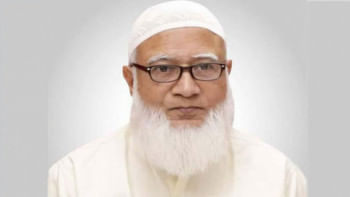



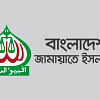
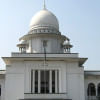
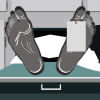
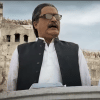


Comments